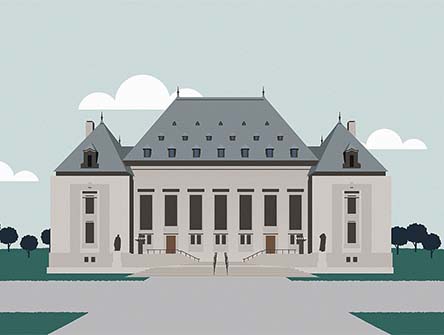I admit to occasionally checking the obituaries. I try to wring out meaning from the final sketches of lives lived. Sometimes, among the dead, there’s someone I actually knew, or someone with whom I have a Kevin Bacon-esque connection.
But I was surprised to read this recent death notice in the National Post:
Free Speech. Born possibly in 1770 in a letter written by Voltaire to Abbot LeRiche. Died April 11, 2014, as a result of internet bullying. After enjoying a terrific life in most Western democracies and enshrined in more than one country’s Constitution, Free Speech officially died when three events occurred.
First, Brandeis University decided to yank a not-yet conferred honorary degree from author and activist Ayaan Hirsi Ali after many faculty and students objected to comments she had made about Islam. Second, Mozilla’s new CEO Brendan Eich was hounded from office when a groundswell of consumers objected to the fact that he had once financially supported a ballot campaign against gay marriage in California. Third, Professor Thomas Flanagan published his book Persona Non Grata: The death of free speech in the internet age, which functions as the official death certificate.
I didn’t know Free Speech was even sick. Last time I looked, it was doing well in its latest home, the Canadian Charter of Rights and Freedoms. Free Speech was even credited with recently defeating its long-time foe, s. 13 of the Canadian Human Rights Act.
In 2013, Dr. Flanagan famously morphed from a well respected conservative academic into Canada’s best-known pariah in the course of a 2½-hour drive between Lethbridge and Calgary. This transformation followed a talk he gave on aboriginal issues. Asked about Canada’s child pornography laws, he was trying to make the point that constitutionally the proscription may overreach — an argument frequently made by defence lawyers in relation to various Criminal Code provisions. While not sympathizing with child molesters, he said he had “grave doubts about putting people in jail because of their taste in pictures.”
By the time he reached Calgary, his remarks had gone viral. He found himself vilified and even cast out by his own conservative allies. Hence the book.
In the interest of disclosure, I must reveal that Dr. Flanagan is an early critic of my writing. He wrote the words “Pure Fiction!” beside one of my undergraduate exam answers — and he was not praising my high-minded imagination. Although I eventually passed the course, my inept performance meant that, unlike a more inspired someone who would later be among the true flock of the Calgary School, the opportunity to be the prime minister of Canada was forever foreclosed to me.
I am not buying into the dour proclamation that free speech is dead. It is true Dr. Flanagan was not given a proper chance to explain his remarks before he was torn apart by the yapping dogs of political correctness. But he really hasn’t been silenced either. He’s just written a book about the whole experience in which he says whatever he wants and more.
In Canada, there is a constitutional guarantee that the state will not unreasonably mess around with one’s right of free expression. The right of free speech is not a rule that says every time someone makes a controversial remark, everyone else is going to embrace and celebrate its utterance.
If you tell a biker guy in a bar that his girlfriend is ugly, you can expect to get punched in the face. If you write on Facebook that your supervisor at work is “profligate human scum who smells like garbage” you may very well face disciplinary consequences.
In both cases, you are entitled to your opinion and you have the right to express it.
But to be clear, the state is not going to put you in jail or fine you. Just don’t be surprised if somehow someone takes umbrage with what you say and does something about it.
It also seems that internet mobbing is okay in some cases. There was a tidal wave of Twitter backlash when celebrity Jenny McCarthy declared that vaccines cause autism. She backed off but no one complained that the internet robbed her of free speech.
The advent of social media has resulted in the democratization of opinion, once the exclusive preserve of pundits and experts interviewed on television. Now every slob with a smart phone or tablet has airtime. Admittedly, the quality of commentary and often its anonymity are problematic, but certainly the opportunity to participate in discourse is open to all.
Besides, I can think of another instance where mobs of people express their displeasure by anonymously taking action. It is called voting.


